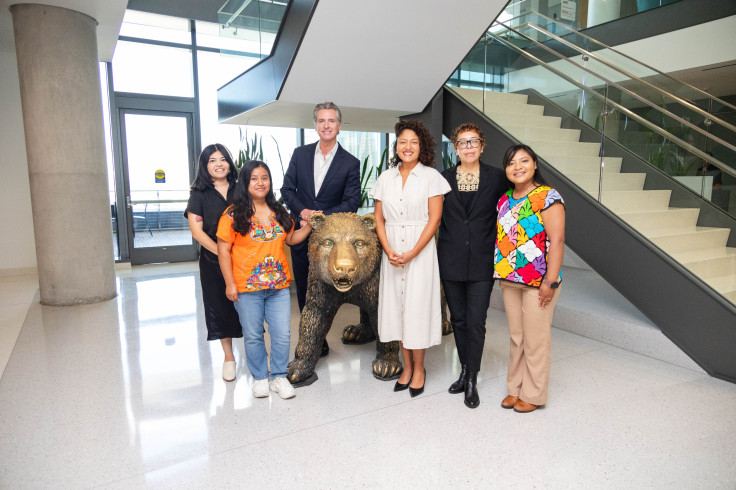
In a historic move aimed at reducing health disparities, Gov. Gavin Newsom has signed the Latino and Indigenous Disparities Reduction Act (SB 1016) into law. The legislation mandates the collection and disaggregation of detailed health data for Latino and Indigenous Mesoamerican communities in California, ensuring these diverse populations—who make up 40% of the state's residents—are accurately represented in state health data.
According to the California State Health Foundation, Latino Californians are more likely to be uninsured and experience poor health outcomes, while American Indians have the lowest life expectancy compared to other racial and ethnic groups. The bill's author, Senate Majority Leader Lena Gonzalez, D-Long Beach, said the bill is a critical step in addressing long-standing health inequities.
Expanded Data Collection for Specific Groups
A significant component of SB 1016 is the requirement for the California Department of Public Health to collect and release disaggregated data for specific Latino subgroups. These subgroups include Mexican, Guatemalan, Salvadoran, Honduran, Nicaraguan, Puerto Rican, Dominican, Cuban, Colombian, and Peruvian populations. The bill also allows for the inclusion of other Latino groups in the future, with provisions for additional categories to be added as needed.
Additionally, the legislation mandates the collection of health data for major Indigenous Mesoamerican nations. These include Mixtec, Zapotec, Mayan, and Aztec communities, with provisions to include other Indigenous groups such as Triqui, K'iche', Mam, and Kanjobal.
Addressing Indigenous Language Barriers
The COVID-19 pandemic highlighted severe challenges for Indigenous language speakers in California, who faced significant barriers in accessing life-saving information and services due to language differences.
During the pandemic, many Indigenous Mesoamerican communities, who speak over 560 different Indigenous languages, could not access reliable vaccine information in their native languages, resulting in disproportionately high death rates.
SB 1016 addresses this by ensuring that state agencies and healthcare providers have more accurate data to meet the linguistic needs of these populations, helping to prevent similar health disparities in the future.
'Data Equity Can Save Lives'
The Latino and Indigenous Disparities Reduction Act recognizes that without disaggregated data, policymakers must rely on less detailed local data, which can be inconsistent and may not reflect the diverse needs of California's residents. By breaking down data by ethnicity and language, the state believes it can better identify gaps in healthcare access and ensure resources are distributed equitably.
"Latinos and Indigenous Mesoamericans are among the most diverse people in our state, and so are their health needs," said Sen. Gonzalez. "Every Latino deserves to be seen and counted when it comes to ensuring equitable access to essential health services."
Advocates Call Bill a 'Major Milestone'
Dr. Seciah Aquino, executive director of the Latino Coalition for a Healthy California, called the bill's passage a "transformational win" for the state. "Data equity can save lives," Aquino wrote in a press release, adding that the bill's implementation is also a "sound economic decision."
Leaders of Indigenous organizations emphasized the significance of being officially recognized in state data for the first time. Arcenio J. Lopez, executive director of the Mixteco/Indígena Community Organizing Project, called the decision a "major milestone" for Indigenous Mesoamerican communities residing in the West Coast.
© 2024 Latin Times. All rights reserved. Do not reproduce without permission.









